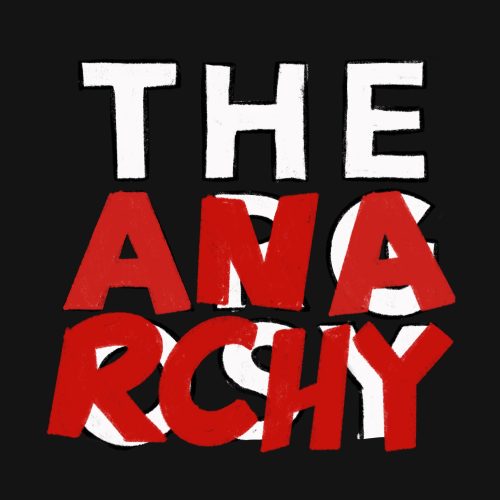From time immemorial Indigenous groups have fished their ancestral waters and for generations, Indigenous people have watched as commercial industries profit off of the land and resources that their ancestors fought to establish to practice their inherent fishing rights. Over the years, Clearwater, a non-Indigenous global company has been successful in the industry by relying on the monopoly of offshore fishing licenses that allow for year-round harvesting.
On Monday, November 9, a group of Mi’kmaq First Nations and B.C. company Premium Brands Holdings announced their partnership with Clearwater, one of the largest seafood companies in North America. The communities of Membertou and Miawpukek are in full support, as well as Paqtnkek, Pictou Landing, Potlotek, Sipekne’katik and We’koqma’q First Nations who have also expressed interest. They anticipate for this partnership to be fully Mi’kmaq owned.
The importance of granting power and forms of autonomy back to our Indigenous nations is critical in assuring that these communities are receiving the proper resources they need to continue practice which are integral to Indigenous culture. This is important as Indigenous knowledge is embedded in the land and for those practices and teachings to be passed onto future generations. This is a significant move forward for the Mi’kmaq but have also made it clear that this will not impact the conversations happening within the lobster fisheries. The resistance continues and there is much more work to do in establishing the relations between Indigenous and non-Indigenous fisherman.
The events in Mi’kma’ki is the continuation of settler colonialism, capitalism, and the theft of land and resources. Indigenous rights have been infringed upon from the very beginning despite our treaty rights being older than ‘Canada’ itself. Fishing is an inherent right of the Mi’kmaq that was affirmed in the 1752 Peace and Friendship Treaty, and later reaffirmed in the 1999 Marshall Decision in the Supreme Court of Canada, which ruled that Indigenous communities on the East Coast have the right to fish for a moderate livelihood.
While the Clearwater deal and the moderate livelihood issue are separate, this partnership is a transformational moment at such a critical time for Indigenous nations who are fighting for their treaty fishing rights. As we have watched violent acts escalate in Mi’kma’ki territory, the relations between Indigenous and non-Indigenous people remain. However, this is one step forward in building those relations and assuring that Indigenous treaty rights are honored.
Indigenous communities have often not been welcomed in participating in economic development thus, establishing this partnership hopes to raise confidence in Indigenous leadership that will solidify relations with non-Indigenous people. Heralded stated that this one-billion-dollar deal is “one of the single largest investments in the seafood industry by any Indigenous group in Canada.” While this is a win directly for the communities involved in the partnership, this is a win for Indigenous and non-Indigenous people across Turtle Island.
This partnership furthers efforts in reconciliation that incorporate Indigenous people into business. Furthering positive impacts for Indigenous people directly, but also as a re-empowerment across society as a whole. This is huge step forward, but this is only one part of our journey in assuring our communities live in prosperity and harmony with the land. This is how we can learn to work together in collaborative efforts that benefit us all.





